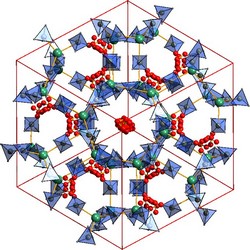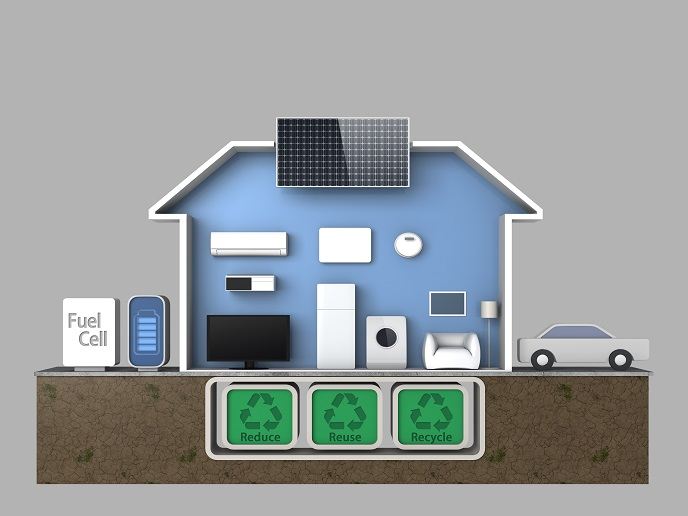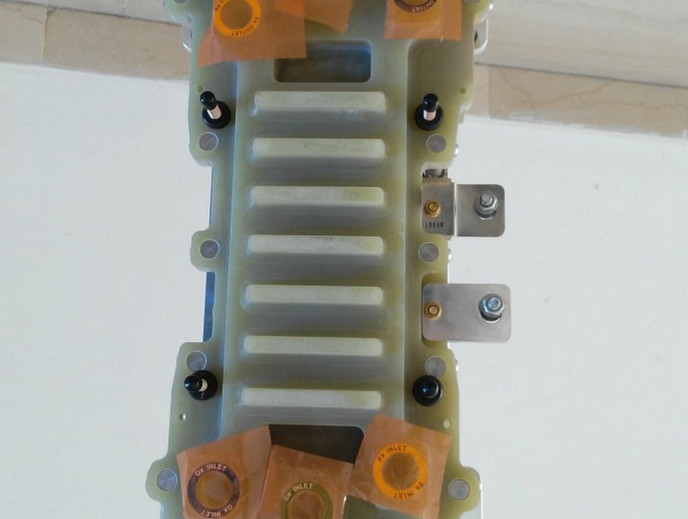Boron hydrides for hydrogen storage
Advanced hydrogen storage systems are needed to help integrate renewable energy sources into the energy supply network. These storage systems must be large in volume but also low in weight for portable applications, while high energy efficiency is required to keep operating costs to a minimum. The EU-funded project BOR4STORE(opens in new window) (Fast, reliable and cost effective boron hydride based high capacity solid state hydrogen storage materials) tackled these challenges by investigating a new generation of boron hydride-based storage materials. The focus was on supplying high-temperature solid oxide fuel cells. All the materials underwent a basic characterisation of their hydrogenation properties and microstructure. The team then assessed the selected materials in more detail according to criteria such as capacity, reaction heat and cycling properties. They also investigated their reaction schemes through advanced infrared, synchrotron and nuclear magnetic radiation techniques. Conclusions were then drawn on how to influence the reaction steps, which limit reaction rates. Results indicated that nearly all mono boron hydride materials are difficult to rehydrogenate from the gas phase, and show a strong decrease in hydrogen storage capacity during the first reloading cycles. This is in part due to the tendency to release diborane (B2H6) instead of pure hydrogen, with boron hydrides decomposing below 200 °C. The most promising boron hydride-based materials were the reactive hydride composites, namely LiBH4-MgH, some eutectically melting composites such as LiBH4-Ca(BH4)2, and Mg(BH4)2. BOR4STORE created an experimental and theoretical database for the wide range of boron hydride-based materials that were investigated during the project. This database includes microstructures, phase changes and reaction schemes, as well as routes for materials synthesis and processing. This information will be extremely useful in future projects, not only for hydrogen storage but also for the use of boron hydride-based compounds as solid-state ion conductors and materials for electrodes.







